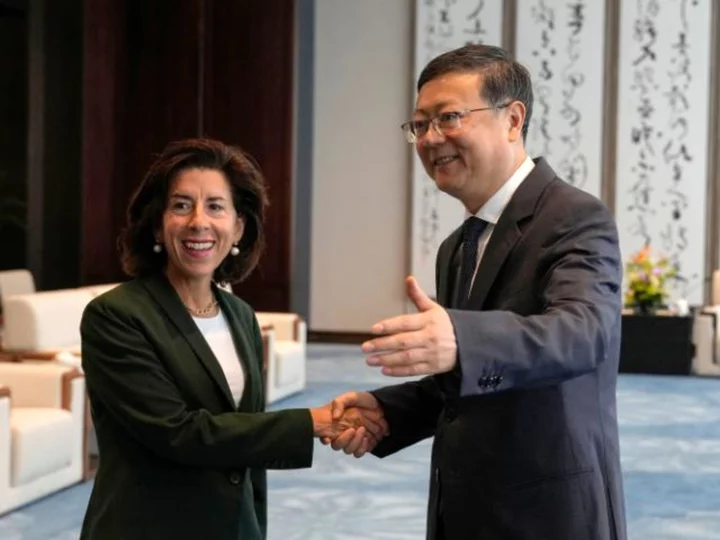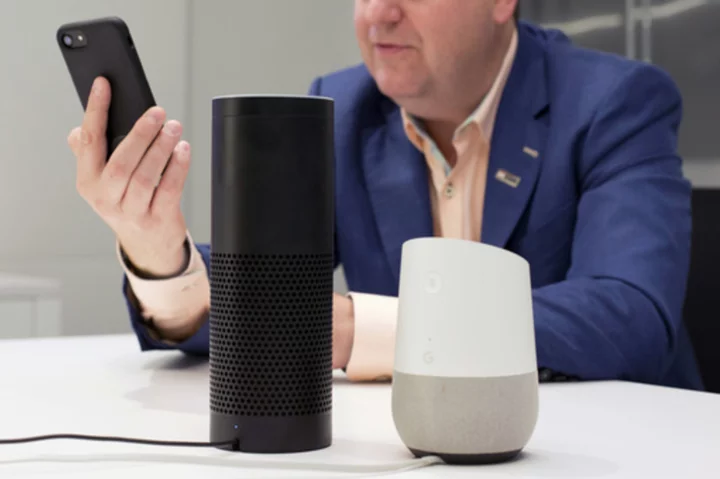The economic relationship between the US and China is mutually beneficial and opening lines of communication is key to maintaining it, US Commerce Secretary Gina Raimondo told CNN's Dana Bash on Sunday.
Raimondo concluded a four-day visit to the world's second-largest economic power last week. She is the fourth cabinet member to visit China this year and the first commerce secretary to visit China in five years. The crux of her trip was engaging in an open dialogue while maintaining a tough stance.
"We know for a fact that not talking leads to escalation, miscalculation and misunderstanding, which is bad for the American people," she said on CNN's "State of the Union." "It's bad for American workers. It's bad for our national security. I do not accept the premise that talking and communicating is a sign of weakness."
She reiterated cultivating the $700 billion bilateral relationship is valuable not just for the two countries in question, but also for the global economy. A main wedge in the relationship has been a trade dispute over semiconductors, which are used to make chips for cars, smartphones, advanced computers and weapons systems.
Last fall, the Biden administration announced a wide-ranging set of export controls banning Chinese companies from buying advanced chips and chipmaking equipment without a license. The rule also restricts the ability of "US persons" — including American citizens or green card holders — to provide support for the "development or production" of chips at certain manufacturing facilities in China.
China hit back earlier this summer with its own export controls on gallium and germanium, raw materials essential for producing chips. But during her China visit, Raimondo was clear the US does not want to completely decouple from China when it comes to these semiconductors and chips.
"We ship billions of dollars of semiconductors every year to China. That is good for the American economy and American businesses and we will continue to do that," she said. "What we are going to do and we will not compromise on is preventing the sale of our most sophisticated, most powerful semiconductors to China, which China wants for its military."
Raimondo affirmed her stance on China continues to be a tough one, adding almost a third of companies added to the Department of Commerce's trade restriction list were added under the Biden administration and her tenure as secretary.
"We have plenty of tools in our toolbox ... export controls, outbound investment screening, tariffs, countervailing duties. We do have sticks, if you will, and we are very ready, willing and able to use those as necessary," Raimondo said.
Among the measures agreed to last week was the creation of a working group to facilitate two-way discussions of trade and investment issues, which will meet twice a year, according to the US Commerce Department.
-- CNN's Laura He and Michelle Toh contributed to this report









